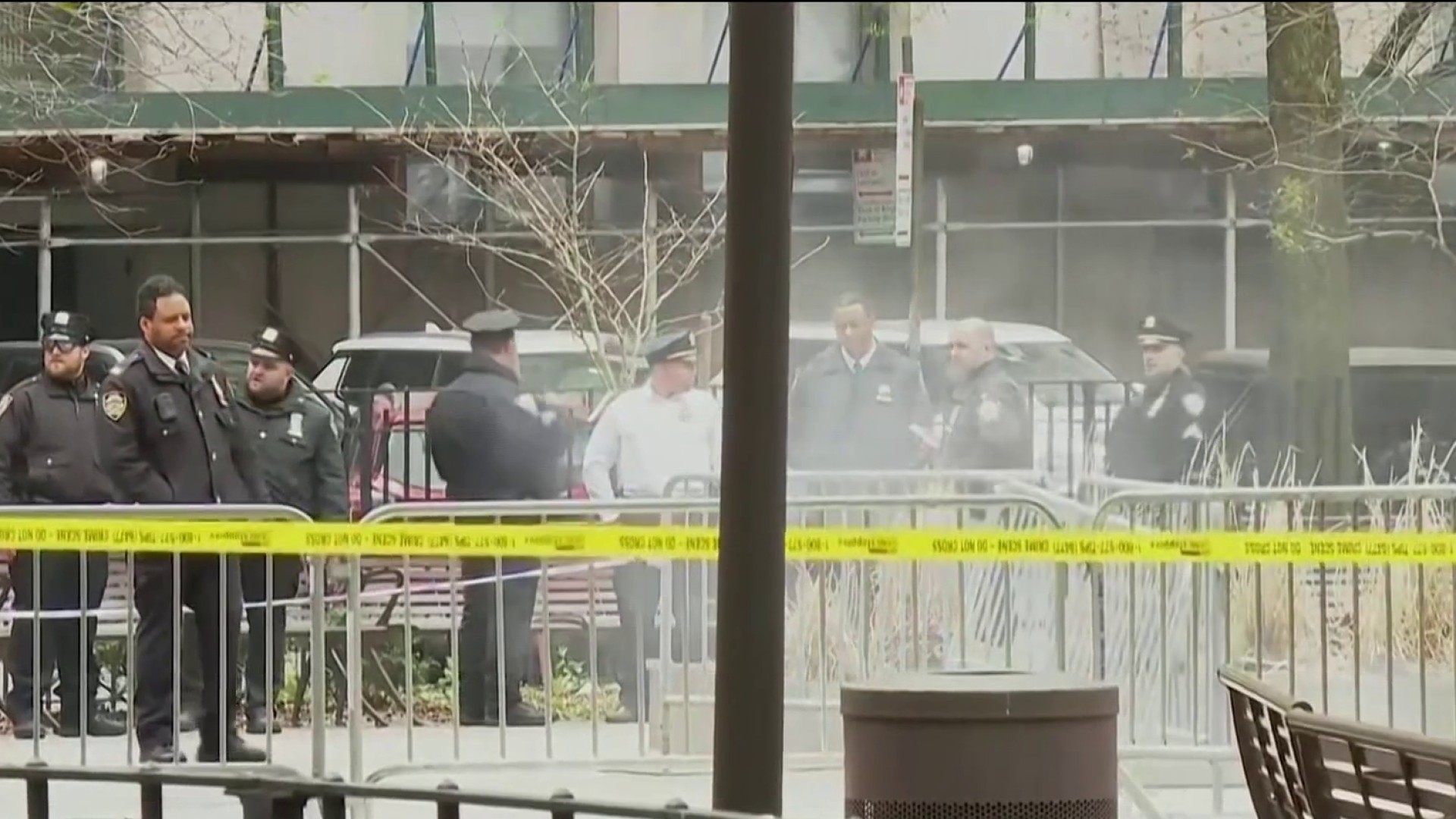A nuclear showdown. The world's most unpredictable foe. A world on edge. What will the new president do?
Be Trump.
Faced with perhaps his gravest international crisis yet, President Donald Trump this week responded precisely as his some of supporters hoped and his critics long feared. The mix of plain-spoken bluster, spontaneity and norm-breaking risk that defined his political rise defined his approach to a round of fresh threats from nuclear North Korea. When Pyongyang punched, Trump counterpunched harder — much as he did on a debate stage flanked by political opponents.
But this was not a Florida debate stage or a low-stakes celebrity Twitter war of the sort Trump perfected before entering politics. It was a standoff over North Korea's rapidly developing nuclear program, complete with trading threats of war and the safety of millions in the balance. Over the course of the week, Trump unleashed provocative rhetoric and dismissed the careful or precise diplomatic language favored by his predecessors.
"They should be very nervous," Trump said of North Korea. "Because things will happen to them like they never thought possible, OK?
Still, Trump's strategy was familiar. He tweeted regularly. He took it personally. He spoke off the cuff. He talked — a lot — holding a two-day blitz of press conferences, each yielding moments that immediately sparked chatter, confusion, criticism and attention.
On Friday, after striking a slightly toned-down message to North Korea, Trump offered that he would consider military action in Venezuela, where the president has consolidated power and sparked widespread international condemnation. In the course of a 12-minute exchange with journalists, the remark raised the prospect of the use of military force against two countries in two different hemispheres.
U.S. & World
Stories that affect your life across the U.S. and around the world.
Trump's pugnacious public talk is matched by his private conversations with aides and allies. Trump has told associates that North Korean leader Kim Jong Un has disrespected him and the United States and that he believes the rogue nation will only respond to toughness and the threat of force, according to two people who, like others interviewed, requested anonymity because they were not authorized to discuss private conversations.
Some aides were surprised when Trump declared Tuesday, soon after word spread that North Korea had made a nuclear breakthrough, that the isolated nation would face "fire and fury" if the threat continued. The president had not used those words in a conference call with advisers beforehand when discussing the matter.
He also told aides, including new chief of staff John Kelly, that he had no intention of softening his tone, according to two White House officials, who also demanded anonymity to discuss the conversations.
The president has gone out of his way to discuss the threat posed by North Korea, tweeting frequently and engaging reporters at length four times over two days in his golf club.
On Thursday, as he fielded questions from a small group of reporters, he ignored press secretary Sarah Huckabee Sanders, who repeatedly held up a hand-written sign that urged him to take just one final question. Instead, he frequently made eye contact with individual reporters to seek out their inquiries. He ended up talking for 30 minutes, much of it in ominous language about North Korea.
His plain-spoken tough talk, which is easily distilled into tweets and the ticker headlines that crawl across cable television, has frequently thrilled supporters.
"Trump is simply trying to communicate in vivid, clear language to a dictator not used to listening to anybody that they are facing the potential end of their regime," said frequent Trump adviser Newt Gingrich. "I think that what he's trying to do in the short run is to communicate with great intensity that we are serious."
For others, Trump's rhetoric only appeared to be escalating the crisis.
"Presidents have used tough language about adversaries," said Julian Zelizer, history professor at Princeton University. "The difference is how unscripted this is ... this is ad hoc and improvised, which most presidents have understood to be dangerous when nuclear weapons are involved."
Trump dismissed such criticism on Friday evening, as he answered more questions from reporters, and issued more threats.
"My critics are only saying that because it's me," Trump said. "We have tens of millions of people in this country that are so happy with what I'm saying because they're saying finally we have a president that's sticking up for our nation and frankly sticking up for our friends and our allies."



